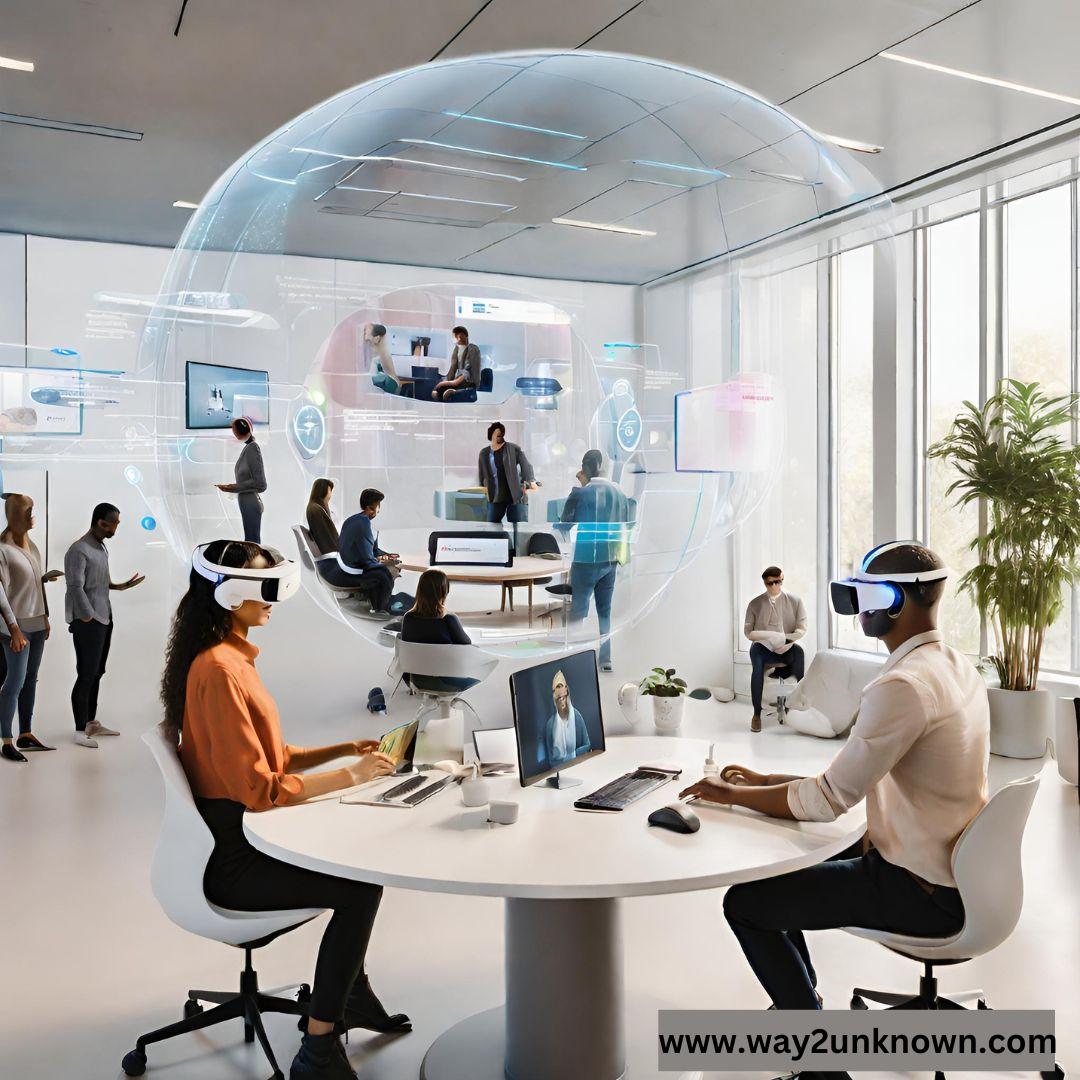The Future of Work: Exploring AI's Influence on Remote and Hybrid Workforces

In recent years, advancements in artificial intelligence (AI) have transformed the landscape of work, particularly with the rise of remote and hybrid work models. As organizations adapt to the evolving needs of their workforce and the demands of a rapidly changing world, AI is playing an increasingly integral role in shaping the future of work.
One of the most significant impacts of AI on remote and hybrid workforces is in streamlining and automating tasks. AI-powered tools and platforms are revolutionizing how teams collaborate and communicate across different locations and time zones. From virtual assistants that schedule meetings and manage emails to AI-driven project management software that optimizes workflows, these technologies enhance productivity and efficiency, regardless of physical distance.
Moreover, AI is revolutionizing how companies recruit, onboard, and manage their remote and hybrid teams. With AI-powered recruitment platforms, organizations can identify top talent more efficiently by analyzing vast amounts of data to match candidates with job requirements and company culture. Additionally, AI-driven learning and development programs personalize training materials based on individual employee needs and performance, enabling continuous skill development and career advancement opportunities in remote settings.
Furthermore, AI enhances the remote work experience by fostering a sense of connection and well-being among employees. Virtual reality (VR) and augmented reality (AR) technologies powered by AI enable immersive and interactive remote collaboration experiences, simulating the feeling of being physically present in the same space. Additionally, AI-driven wellness applications analyze employee data to provide personalized recommendations for maintaining work-life balance, managing stress, and promoting mental health in remote and hybrid work environments.
In conclusion, the future of work is undeniably intertwined with the transformative potential of AI, particularly in remote and hybrid work settings. By leveraging AI technologies to automate tasks, enhance recruitment and onboarding processes, and foster employee well-being and connectivity, organizations can create more resilient, agile, and inclusive work environments that thrive in the digital age. As we continue to navigate the complexities of remote and hybrid work, embracing AI's influence is key to unlocking the full potential of the workforce of tomorrow.